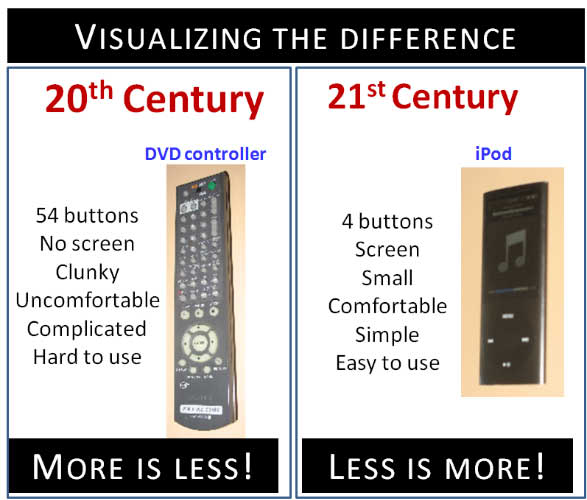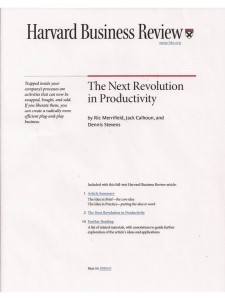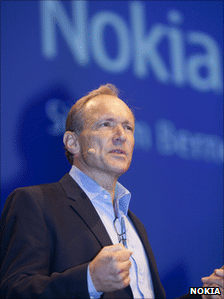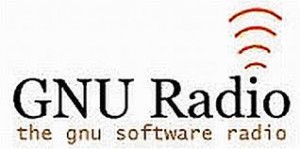Uncle Sam meets open source with open arms
Collaboration for the common good — what open source is all about
It seems everywhere I look, I see another example of government adopting open source.
Earlier this month, a consortium of public and non-profit organizations launched Civic Commons, a public-private partnership that will help governments share software they have developed. It's a terrific idea that will foster innovation, eliminate duplicate effort, and save money. And it's another great example of the growing adoption of open source software in governments.
Examples of open source in the U.S. government abound. The Smithsonian and Search.USA.gov use Solr/Lucene open source enterprise search. The White House re-launched whitehouse.gov using Drupal. The DoD and the Intelligence Community have proposed an Open Technology Development roadmap “to increase technical efficiency and reduce software lifecycle costs within DoD,” and the DoD has developed forge.mil to “enable continuous collaboration among all stakeholders including project managers, developers, testers, certifiers, operators, and users.” In fact, my own company, Lucid Imagination, is funded in part by In-Q-Tel, the investment arm of the CIA, further evidence that open source and government are going hand in hand.
Examples of open source abroad is equally as evident. The EU's Open Source Observatory and Repository provides public administrations with access to more than two thousand free and open source applications and the open source CASPAR (Cultural, Artistic and Scientific knowledge for Preservation, Access and Retrieval) research project is making mounds of data stored in EU archives accessible.
Tip of the hat to Bob Gourley at LinkedIn.
Phi Beta Iota: While good news, the above is over-stated. Free/Open Source Softwaare (F/OSS) needs a champion with weight, such as Microsoft or IBM or one of the telecommunications giants who sees that the value chain has moved from connectivity to content. There are eight tribes of intelligence, the government is the least important.







